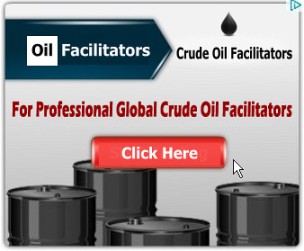
The floating offshore wind industry, currently at its beginnings, is set for massive growth in the years to come, which has now led the classification society DNV GL to released the first integrated rule set for floating offshore wind structures.
"The rules provide both new entrants and experienced stakeholders a set of well-tested rules and standardized processes for these new structures," the company said.
According to forecasts in the Carbon Trust’s new Floating Wind Joint Industry Projects report, an estimated 70GW of floating wind could be installed across the globe by 2040
“Floating offshore wind is poised to be one of the key technologies that can help build the renewable energy power base that underpins global decarbonization,” said Knut Ørbeck-Nilssen, CEO of DNV GL – Maritime. “By bringing many new players into the sector, floating offshore wind can create a massive space of opportunity for yards, vessel operators, and offshore companies. Unleashing this industry will require businesses from many different sectors and new types of standards to enhance cross-sector cooperation. Our new rules build from this foundation – bringing together offshore, energy, maritime and digital expertise to form a truly integrated rule set.”
According to DNV GL, the newly developed DNV GL class rules for floating wind turbine installations, apply standardized well-proven maritime processes and apply them to floating wind.
"Owners, designers and manufacturers benefit from being able to shift into this exciting new segment, while having a familiar framework so that new processes can be seamlessly integrated into their existing production structures," DNV GL said.
Per the company, the rules are flexible enough to cover all potential hull shapes, including barge, semi-submersible, vertical floating columns (Spar) and tension-leg platform. The basic classification scope covers the floating structure, including mooring systems, with an additional voluntary class notation covering the power generation system, including the tower.
"The rules are also designed to scale – considering not just the individual units but the entire field with data-based services and condition-based monitoring (CBM) and through linking with fatigue methodology sensor data," DNV GL said.
“Scaling up floating offshore wind will depend on empowering interested businesses with the confidence to take on a new challenge,” says Geir Fuglerud, Director of Offshore Classification at DNV GL - Maritime. “And this is one of the great strengths of our new rules. As the first truly integrated rule set for floating offshore wind we draw on many different types standards from different sectors.
"This means that the new rules don’t shut out the other sectors that need to work together to realise a floating offshore wind project – but expand to bring them all together. Also, because the rules are part of DNV GL class, we can provide tailored in-service follow-up. This also enables operators to demonstrate they are continuing to meet an expert independent quality standard through using risk-based inspection techniques and data driven service.”
Per DNV GL, 80% of the world’s offshore wind projects and 50% of all floating wind pilots use DNV GL as a certification body.
A description of the rules and links can be found here: https://www.dnvgl.com/news/dnv-gl-rules-for-ships-october-2020-edition-188668




No comments
Post a Comment